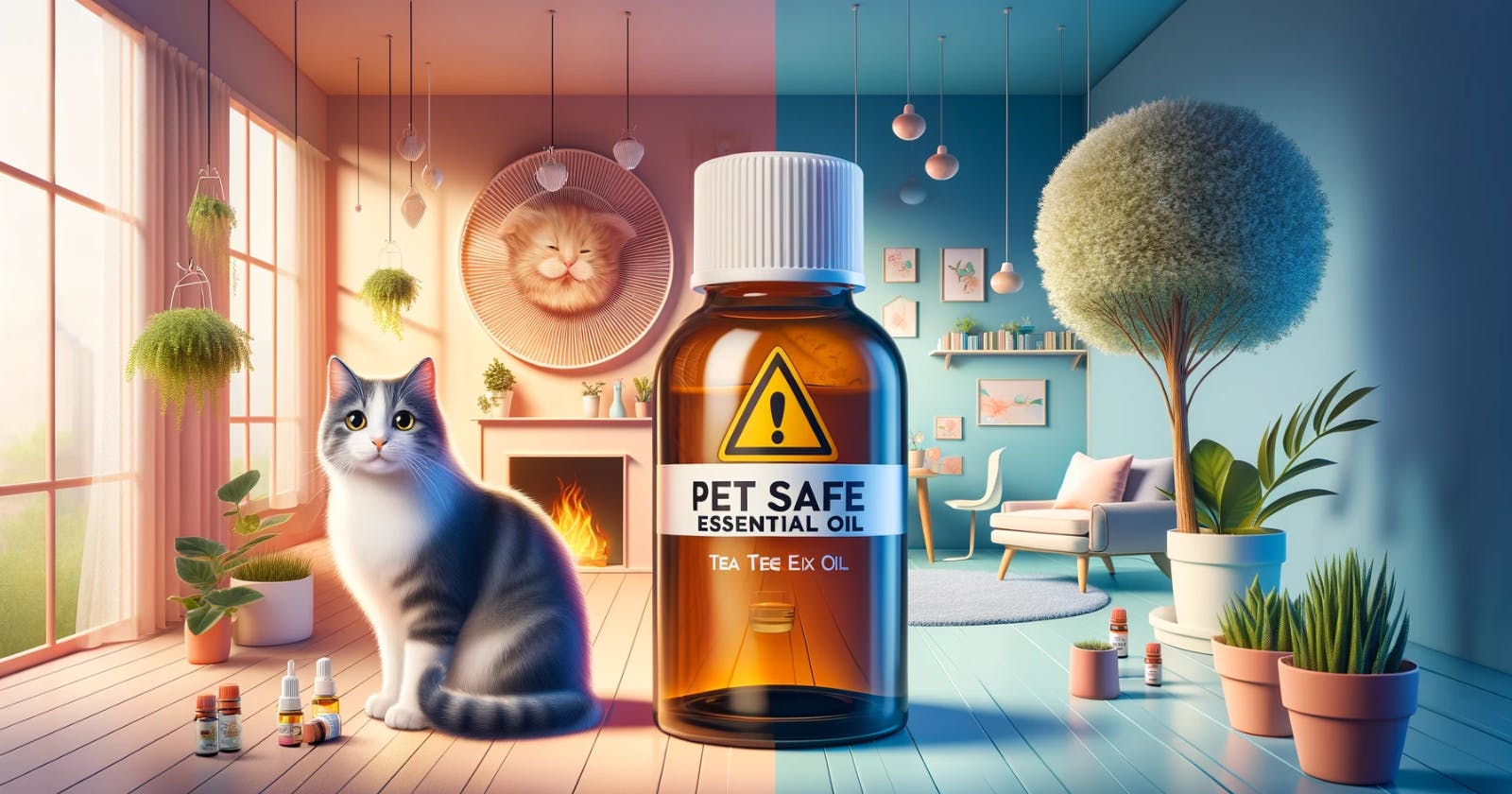Tea tree oil is a popular natural remedy known for its antiseptic, anti-inflammatory, and antifungal properties. It is extracted from the leaves of the Melaleuca alternifolia tree, which is native to Australia.
While tea tree oil offers various benefits, it's crucial to understand its potential risks, especially when it comes to our feline friends.
In this article, we'll explore whether tea tree oil is safe for cats and provide you with valuable information to ensure their well-being.
Potential Dangers of Tea Tree Oil for Cats
Tea tree oil can be toxic to cats if ingested or absorbed through their skin or mucous membranes. Cats are particularly sensitive to certain compounds found in tea tree oil, such as terpenes. These compounds can cause various adverse reactions, including:
Skin Irritation and Allergic Reactions
Direct contact with undiluted tea tree oil can lead to skin irritation, redness, and even chemical burns in cats. Some cats may also develop allergic reactions, characterized by excessive scratching, hair loss, and skin inflammation.
Digestive Issues
If a cat ingests tea tree oil, it can cause digestive problems like vomiting, diarrhea, and loss of appetite. In severe cases, it may lead to liver and kidney damage, which can be life-threatening.
Respiratory Distress
The strong aroma of tea tree oil can irritate a cat's respiratory system, leading to coughing, wheezing, and difficulty breathing. This is especially concerning for cats with pre-existing respiratory conditions.
Safe Use of Tea Tree Oil Around Cats
While tea tree oil should be used with caution around cats, there are some situations where it may be safe when properly diluted and used under veterinary supervision:
Topical Application
For treating minor skin irritations or infections, a highly diluted solution of tea tree oil (0.1-1%) may be applied topically, but only after consulting with a veterinarian. It's crucial to prevent your cat from licking or ingesting the treated area.
Diffusion in a Well-Ventilated Area
If you choose to diffuse tea tree oil in your home, ensure that the area is well-ventilated and that your cat can easily leave the room if they become uncomfortable. Monitor your cat for any signs of respiratory distress.
Safer Alternatives for Cats
If you're seeking natural remedies for your cat, consider these safer alternatives to tea tree oil:
Coconut oil: Known for its antimicrobial and moisturizing properties, coconut oil can be used topically for minor skin issues.
Aloe vera: The gel from the aloe vera plant can soothe skin irritations and promote healing.
Oatmeal baths: Colloidal oatmeal can help relieve itchy and inflamed skin in cats.
Conclusion
While tea tree oil offers various benefits for humans, its use around cats should be approached with caution.
Undiluted or improper use can lead to adverse reactions, ranging from skin irritation to respiratory distress and digestive issues. If you suspect your cat has been exposed to tea tree oil, seek immediate veterinary attention.
Always consult with your veterinarian before using any essential oils or natural remedies on your feline companion, and consider safer alternatives whenever possible.

